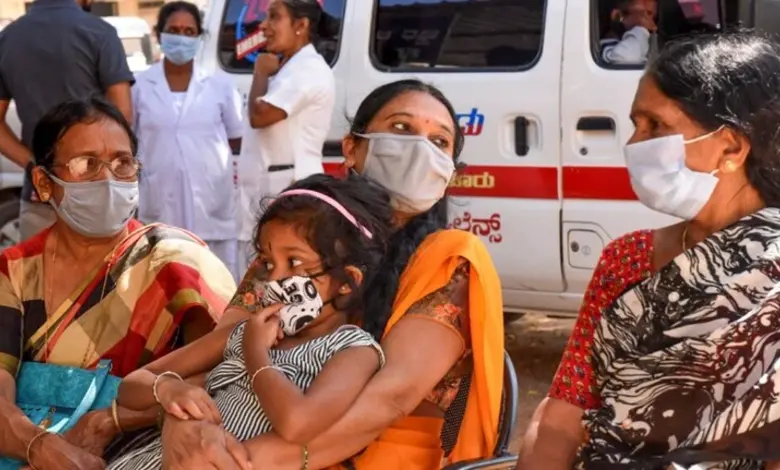Covid-19 in India: Active cases at 257; Kerala, Maharashtra, Tamil Nadu report fresh infections

India is closely monitoring a modest uptick in COVID-19 cases, with 257 active infections recorded nationwide as of May 19, 2025, according to the Union Health Ministry. The majority of these cases are concentrated in Kerala, Maharashtra, and Tamil Nadu, which have reported the highest number of fresh infections since May 12. Despite the increase, health officials maintain that the situation remains stable and under control.
Kerala has seen the largest share of new cases, logging 69 infections over the past week, followed by Maharashtra with 44 and Tamil Nadu with 34. Other states, including Karnataka, Gujarat, Delhi, Haryana, Rajasthan, and Sikkim, have reported smaller numbers, with cases in the single digits. The ministry’s data indicates that most infections are mild, requiring only home isolation and not hospital admission.
A review conducted by the Union Health Ministry on May 19 concluded that India’s COVID-19 situation is manageable, with no immediate cause for alarm. However, officials are urging continued vigilance, particularly in light of a regional surge in Southeast Asia, where countries like Singapore and Hong Kong are grappling with rising cases driven by the JN.1 variant and its sub-lineages. The ministry emphasized the importance of monitoring these developments to prevent a similar escalation in India.
In Maharashtra, Mumbai’s King Edward Memorial Hospital reported two deaths involving patients who tested positive for COVID-19. The deceased included a 59-year-old cancer patient and a 14-year-old girl with kidney disease, both of whom succumbed primarily to their underlying conditions, according to hospital authorities.
The Union Health Ministry, in coordination with state health departments, continues to track the spread of the virus and the impact of the JN.1 variant. India’s low case count, relative to its population, reflects effective management of the pandemic. Health authorities are encouraging the public to adhere to precautionary measures, such as mask-wearing and social distancing, to curb further transmission.
